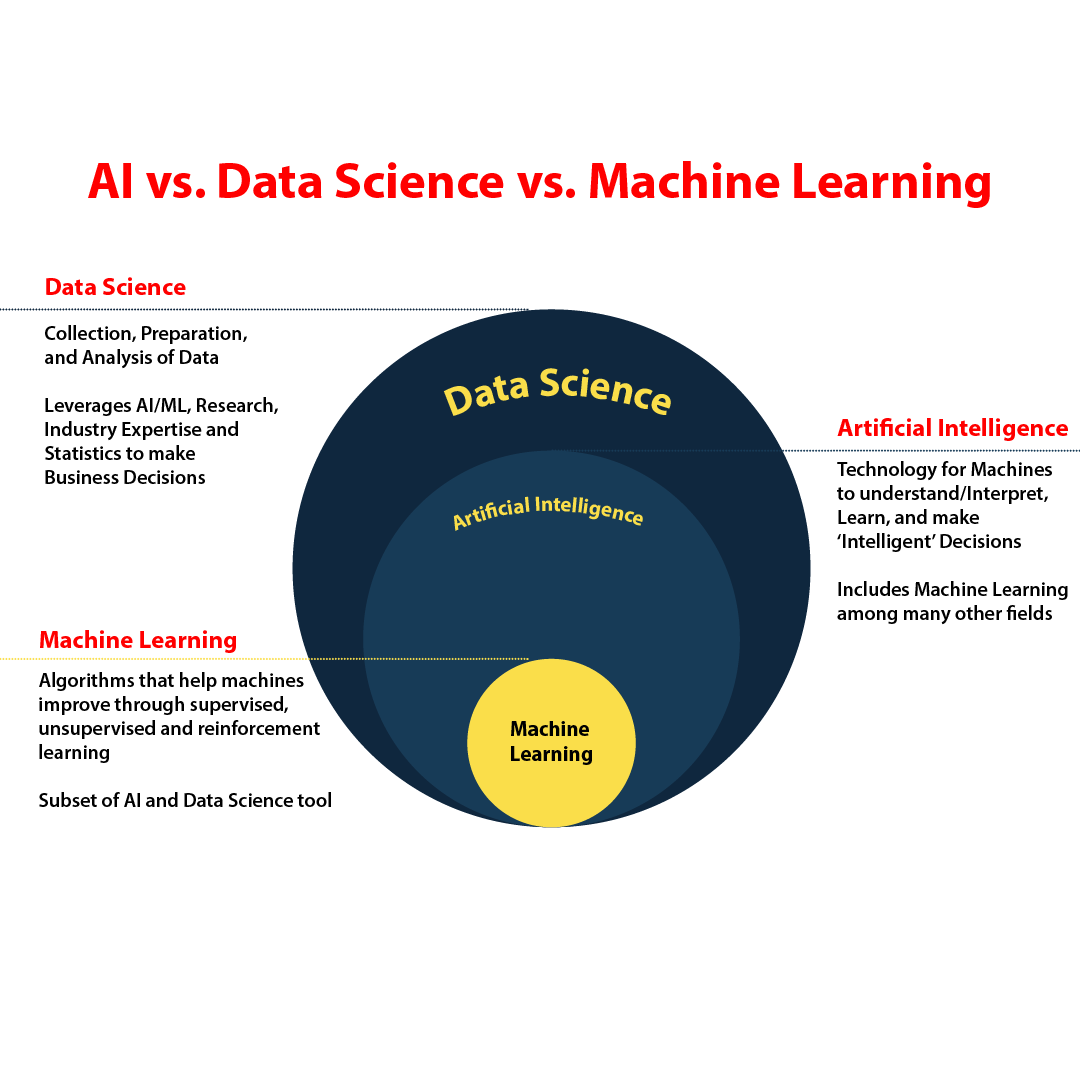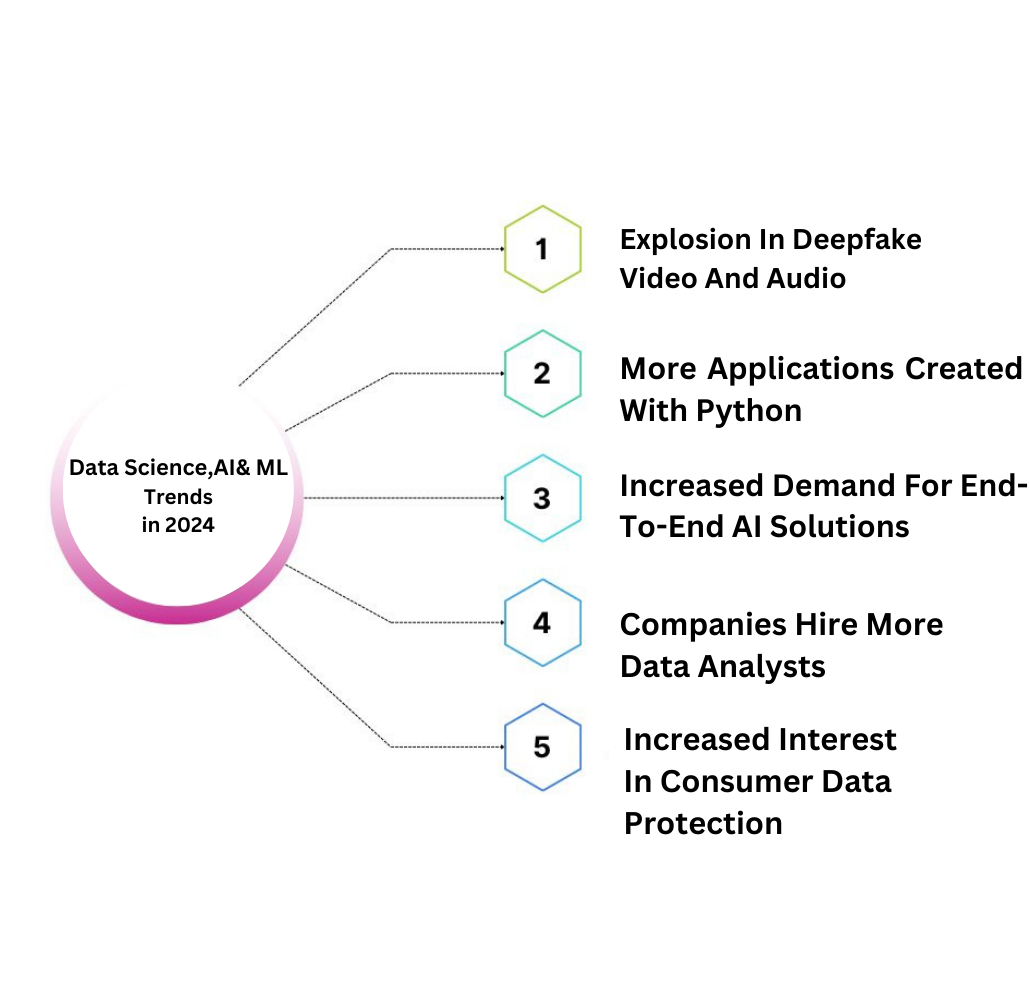TOP 5 DATA SCIENCE TRENDS IN 2024
Theory is important, but practical experience is invaluable. Work on real-world projects, participate in hackathons, and contribute to open-source projects to gain hands-on experience and showcase your skills to potential employers. Building a strong portfolio of projects demonstrates your ability to solve complex problems and deliver tangible results. Stay Abreast of Tools and Technologies: Familiarize yourself with the latest tools, libraries, and frameworks used in Data Science, such as TensorFlow, PyTorch, scikit-learn, and Apache Spark. Keep an eye on emerging technologies and trends, such as AutoML, deep learning, and edge computing, and experiment with them to stay ahead of the curve.

1.Explosion In Deepfake Video And Audio:
“Deep fake” searches have increased by 900% in 5 years. Interest often spikes when public figures are deep faked and the media gets hold of it. Deepfakes use artificial intelligence to manipulate or create content to represent someone else. Often this is an image or video of one person modified to someone else’s likeness. But it can be audio too. Back in 2019, an AI company deepfaked popular podcaster Joe Rogan’s voice so effectively it instantly went viral on social media.
2.More Applications Created With Python:
“Python” searches have grown by 74% in the last 10 years. Python is on track to become the most popular programming language by 2025. Python is the go-to programming language for data analysis. Why is this? Because Python has a huge number of free data science libraries such as Pandas and machine learning libraries like Scikit-learn. It can even be used to develop blockchain applications. Add to this a friendly learning curve for beginners, and you have a recipe for success. Python is now ranked as the 3rd most popular language in general by the analyst firm RedMonk. And the popularity growth trend shows it’s on track to become number 1 within the next three years.

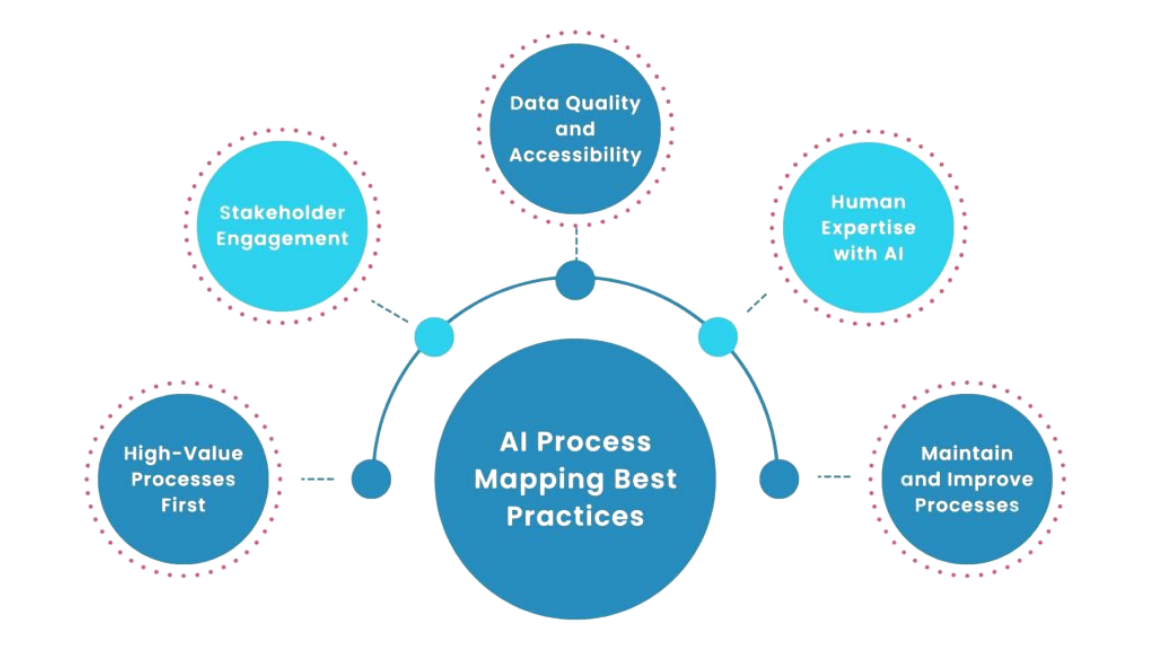
3.Increased Demand For End-To-End AI Solutions:
“Dataiku” searches are up by 146% in 5 years, growing quickly even before Google acquired them. Enterprise AI company Dataiku is now worth $4.6 billion (according to TechCrunch) after Google bought a stake in the company in December 2019. The AI startup helps enterprise customers clean their large data sets and build machine learning models.
This way, companies like General Electric and Unilever can gain valuable, deep-learning insights from their massive amounts of data. And automate important data management tasks. Previously, businesses would have to seek expertise in all the different parts of the process and piece it together themselves.
4.Companies Hire More Data Analysts:
“Data analyst” searches are up by 265% in 5 years. Interest in this data science role displays hockey stick growth. Demand for data analysts has shot through the roof over the last few years. And, thanks largely to data coming in from the Internet of Things (IoT) and advances in cloud computing, global data storage is set to grow from 45 zettabytes to 175 zettabytes by 2025. So the need for experts to parse and analyze all of this data is set to rise.
5.Increased Interest In Consumer Data Protection:
“Data privacy” has seen a search growth of 441% over the last 10 years. People are now searching about their data privacy in greater numbers by the month. Consumer awareness about data privacy rose in the wake of the Cambridge Analytica scandal. In fact, CIGI-Ipsos found that more than half of all consumers became more interested in data privacy in the year following the revelations.
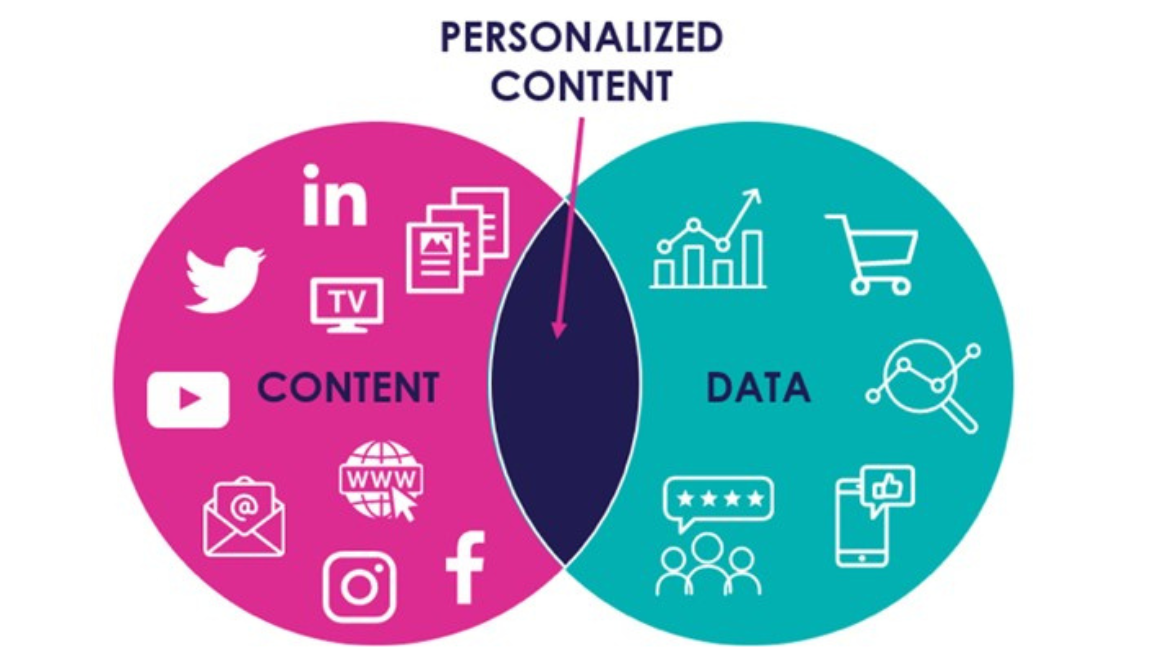
Staying ahead With Data Science
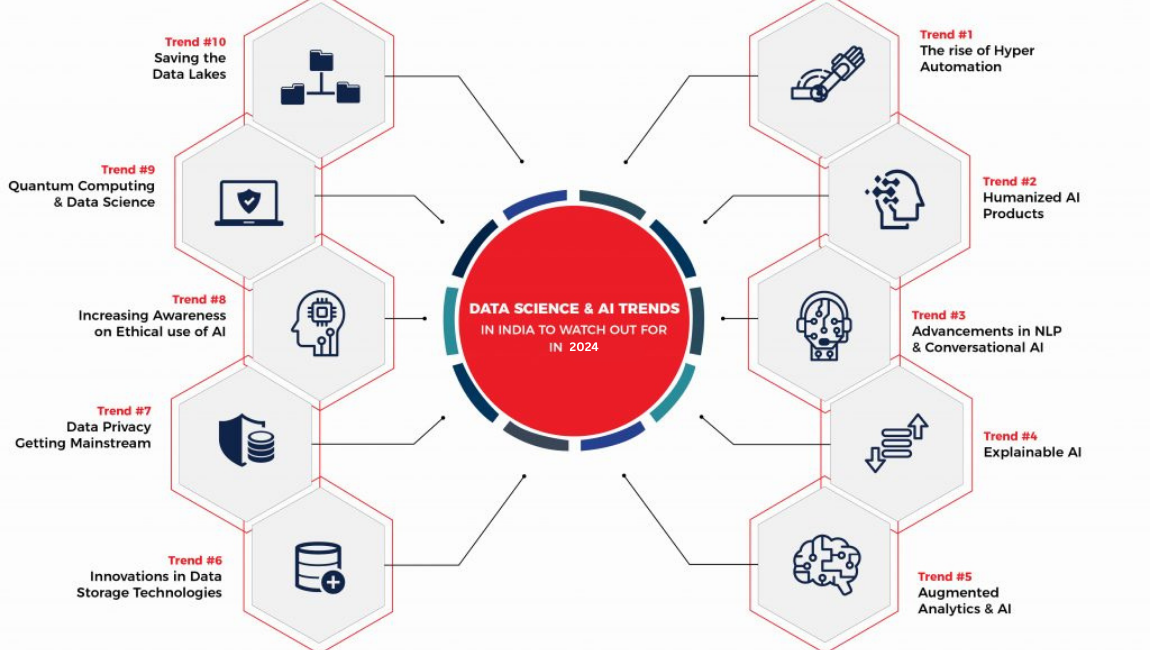
Data Science is a rapidly evolving field, with new techniques, algorithms, and tools emerging regularly. Commit to lifelong learning by staying updated on the latest research papers, attending conferences, participating in online courses, and engaging with the Data Science community through forums, meetups, and social media. Master Core Concepts: Build a solid foundation in core Data Science concepts such as statistics, probability, linear algebra, and programming languages like Python and R. Understanding these fundamentals will enable you to grasp advanced topics more effectively and apply them in real-world scenarios. Explore Specializations: Data Science is a broad field encompassing areas such as machine learning, natural language processing, computer vision, and big data analytics. Explore different specializations based on your interests and career goals, and deepen your expertise in specific domains through focused study and hands-on projects.
